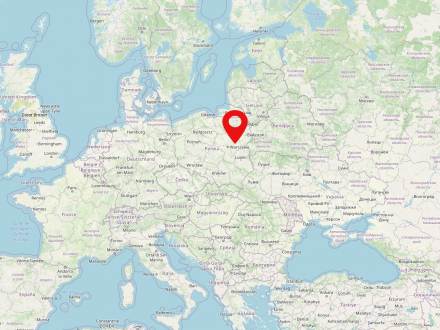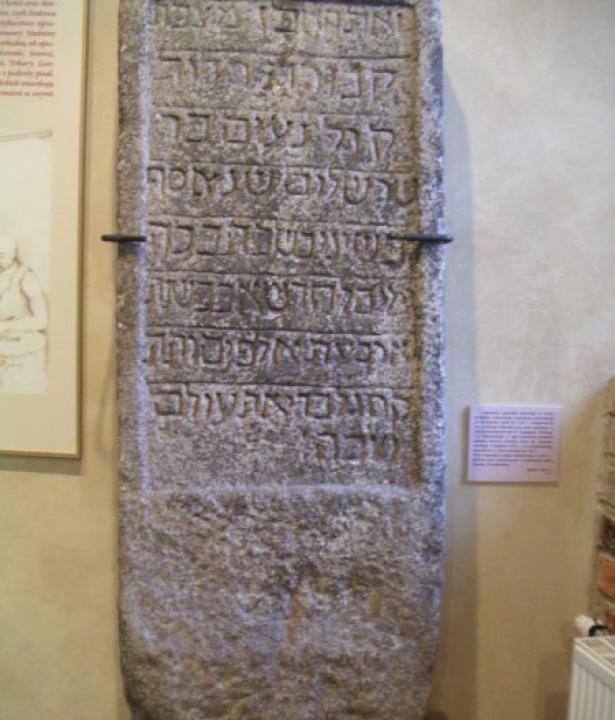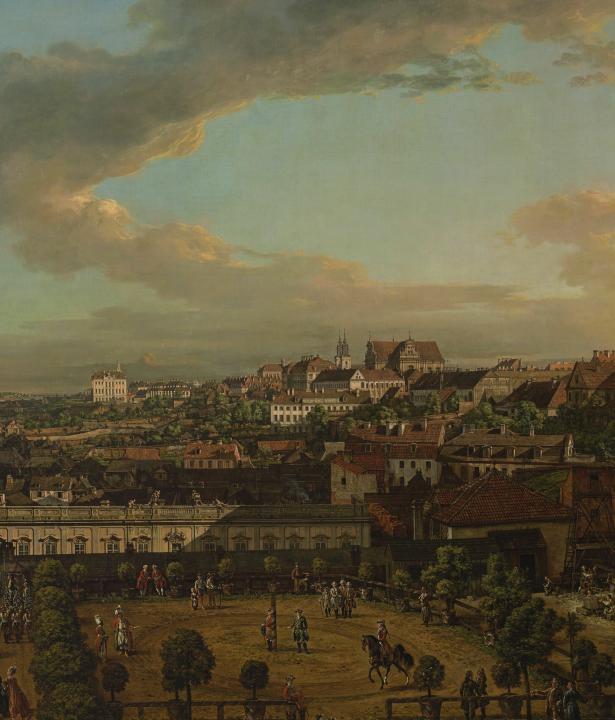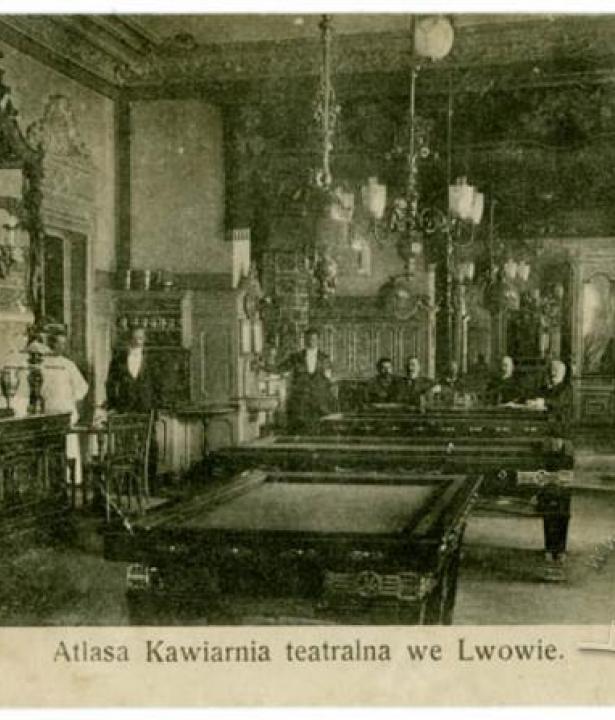As early as 1386, the Kingdom of Poland and the Grand Duchy of Lithuania were united by a personal union. Poland-Lithuania existed as a multi-ethnic state and a great power in Eastern Europe from 1569 to 1795. In the state, also called Rzeczpospolita, the king was elected by the nobles.
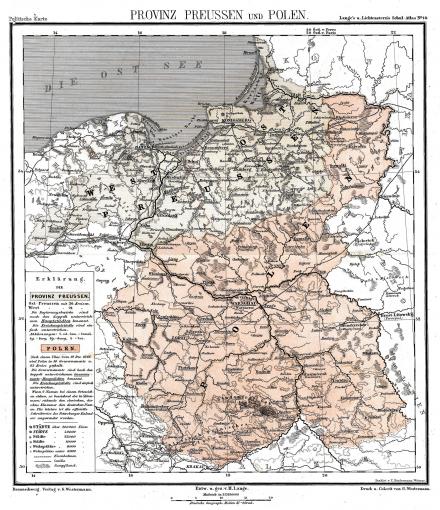
Congress Poland is the name given to the Kingdom of Poland, which was under Russian suzerainty from 1815 to 1916. After the three partitions and the final dissolution of the old noble Republic of Poland-Lithuania (1772, 1793, 1795), no Polish state had existed until the Napoleonic satellite state of the Duchy of Warsaw was established in 1807-1815. During the Congress of Vienna (1815) a Polish kingdom was reestablished. However, the Polish king was the Russian tsar and emperor in personal union.
Subsequently, there were several unsuccessful uprisings of the Polish population and elite against the Russian overlordship (e.g. November Uprising 1830/1831, January Uprising 1863/1864), which, however, only led to increasing repression, massive waves of emigration and flight (Great Emigration/Wielka Emigracja) and finally to the also administrative incorporation into the Russian state.
The picture shows a map from a school atlas published in Brunswick in 1871. Highlighted are the Prussian province of Prussia and (pale red) Congress Poland (CC 1.0).
The Duchy of Warsaw was created in 1806/07 under French protection and was expanded in 1809 to include a large part of the Austrian partition territory. Virtually completely occupied from 1813 after the defeat of the Grande Armée in Russia, it officially continued to exist until 1815.

The village of Powązki was located in the area which covers today parts of Wola and Żoliborz districts of the Polish capital Warsaw. Nowadays, the official name is given to a administrative section of Wola, where the main part of the former village was located. Known as Mostki in the 14th century, the name of the village changed to Powązki a short time later. In the 19th century, larger industries settled here. In 1916, it was incorporated into Warsaw and after extensive destruction during the Second World War, the place completely lost its original character.
Powązki is best known for its necropolises, in particular the so-called Old Powązki Cemetery and the military cemetery, which are among the most famous and important burial sites in Poland.
The historical landscape of Mazovia lies around Warsaw on the Vistula and Bug rivers. Initially part of Piast Poland in the Middle Ages, from the 12th century it was a duchy temporarily connected to Poland only as a fiefdom. In the 16th century Mazovia was reincorporated into the kingdom and divided into three voivodeships. There is also a voivodeship of Mazovia in today's Poland.





